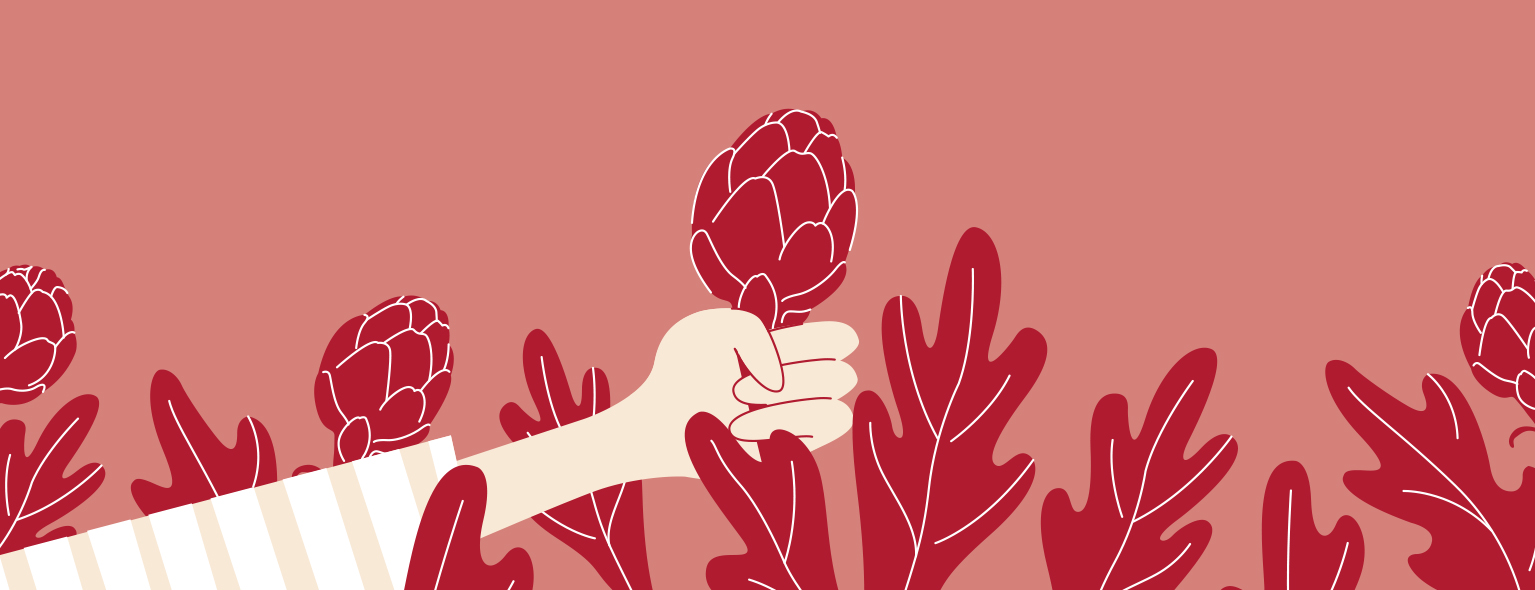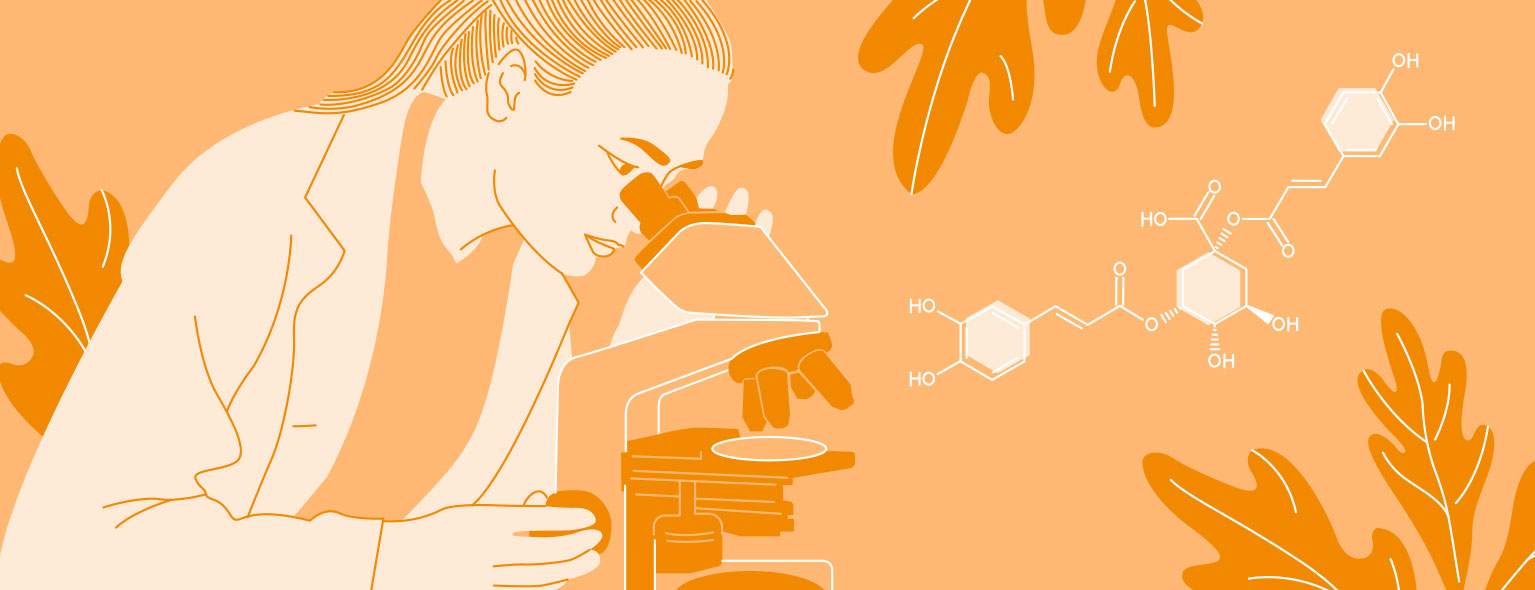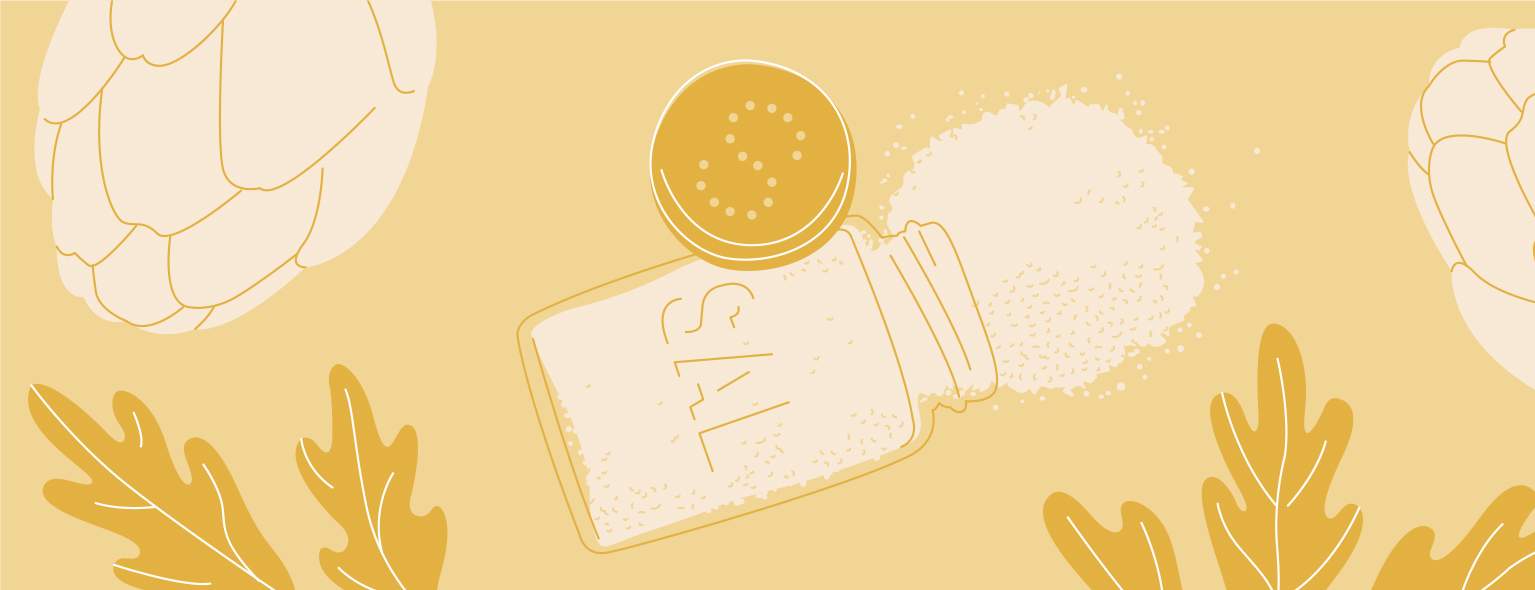The artichoke flower protects the liver, heart and kidneys thanks to its purifying power. At the table it captivates with an exquisite taste between sweet and bitter.
The artichoke is a food with alkalizing power thanks to its richness in minerals such as calcium, magnesium and potassium, fiber and vitamins. A serving of about 200 grams provides 33% of the phosphorus required by the body per day, 18% of potassium, 15% of magnesium and 13% of calcium. It also provides vitamins of group B – such as B1, B6 and folic acid – and some vitamin C.
However, artichokes stand out above all for a series of substances that are found in very small quantities but with notable physiological effects, such as cinnarin, which helps protect the liver, or inulin, a fiber that reduces the concentration of sugar in the blood after meals and that favors the balance of the gut flora.
Purifying and Easy to Digest
The artichoke, eaten regularly, can activate the enzymatic functions of phosphatases, carboxylases and oxidases (the oxidation of fats and the passage from cysteine to cystine proceeds faster), accelerates the dissociation of many peroxides (free radicals that deteriorate cells), helps in the absorption of B vitamins, favors liver and kidney functions, is anti-arthritic and helps to detoxify the body. It is also especially indicated in weight loss regimes. The artichoke is also a very easy to digest and well-tolerated vegetable, except for those with a tendency to have gut fermentation.
All of the above indicates that the artichoke is suitable for liver and biliary disorders, but also for the following cases:
- Kidney disorders. The artichoke increases the diuresis and the excretion of urea (a toxic substance that is produced in the body as a result of protein metabolism and must be eliminated with urine). When kidney function is impaired, the level of urea increases in the blood and can cause painful gout attacks. It is also useful against fluid retention with oliguria (poor urine production).
- Cholesterol. Decreases the tendency of cholesterol to deposit on the walls of the arteries, so it has a preventive effect on arteriosclerosis.
- Diabetes. The artichoke is hypoglycemic and rich in inulin, a carbohydrate easy to assimilate by diabetics.
- Skin conditions. Many dermatitis disappear or improve after stimulating liver detoxification processes. The consumption of artichokes can improve chronic skin conditions.
In short, the artichoke is a vegetable with multiple therapeutic and culinary uses. There are only a few things to keep in mind to avoid spoilage: long boiling should be avoided, since overcooking affects its taste and texture. And, once cooked, it should not be kept either because it is colonized by a grayish fungus called bremia, which could be harmful to health.
Star on the table
Its delicate flavor, between bitter and sweet, and its unique culinary properties, make it an ideal ingredient to create festive and succulent dishes. Artichoke hearts or bottoms are an example, and can be made with a host of different fillings. To cook them in the oven, simply cut the trunk, remove some external leaves and season them with garlic, salt or a few drops of lemon or tamari, which are introduced inside by opening them slightly. To prevent them from drying out, add a little water or broth and a splash of olive oil.
The cooking time is difficult to specify. To find out if they are ready, an external sheet is torn off: if they come off easily, they can be removed from the oven.
Authors: Rosa Guerrero (health) and Santi Ávalos (kitchen). Source: www.cuerpomente.com
 Skip to content
Skip to content







